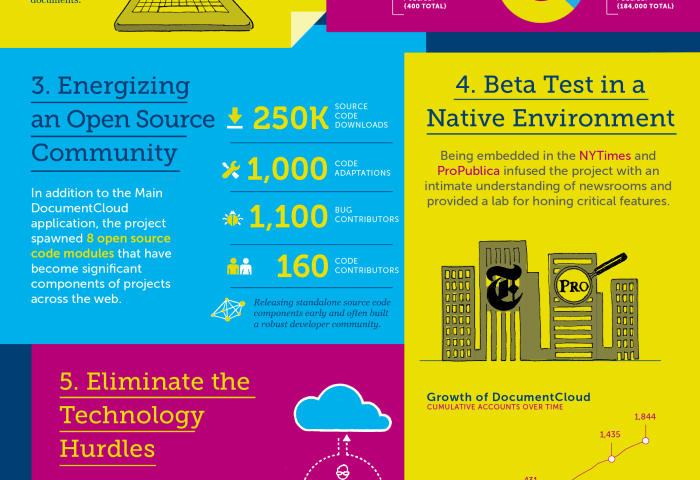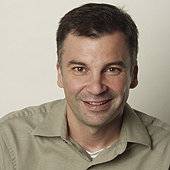Aron Pilhofer is a co-founder of DocumentCloud. Today Knight Foundation is announcing $250,000 in new support to the open source journalism tool, to encourage investigative journalism and the exchange of public information. It was just about nine years ago when Eric Umansky, Scott Klein and I hit upon an idea we hoped might help journalists be […]
Article · July 27, 2017 by Aron Pilhofer


